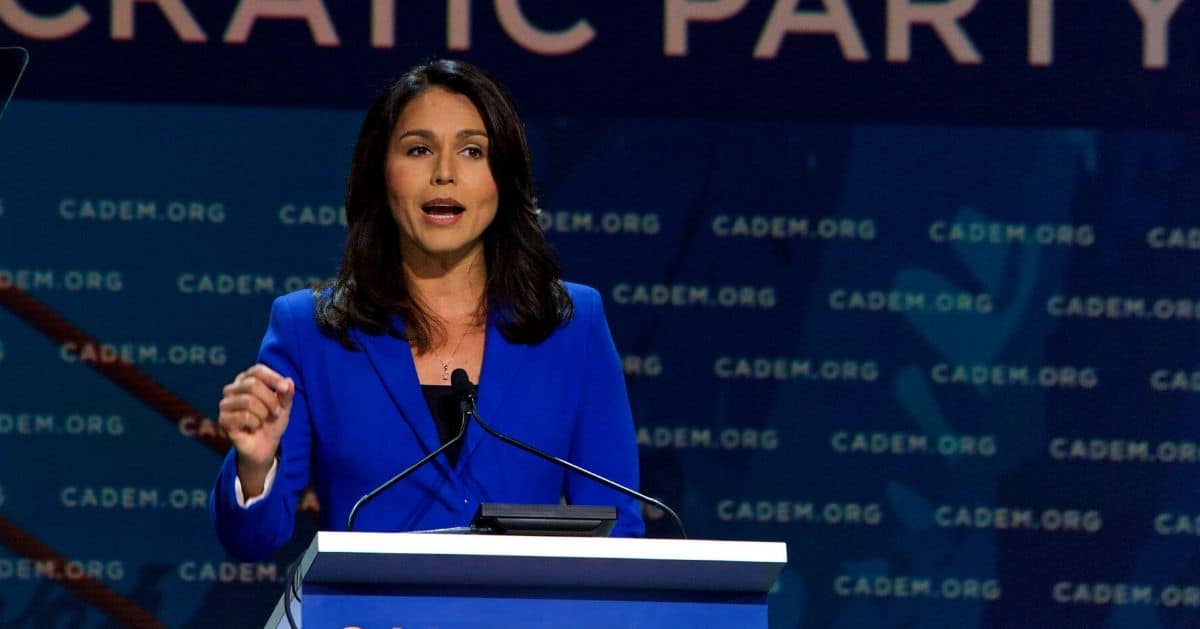






In a bold move against drug trafficking, the U.S. military obliterated a boat in the Caribbean Sea on Friday morning, sending a clear message to narco-terrorist networks.
The Daily Wire reported that under direct orders from President Donald Trump, this strike targeted suspected drug runners in international waters near Venezuela, resulting in the deaths of four individuals, while no American forces were harmed.
Let’s rewind to August 2025, when President Trump deployed troops and military assets to the South Caribbean to tackle national security threats posed by designated narco-terrorist groups.
This isn’t some abstract policy debate—it’s about stopping deadly substances from reaching American streets. And with this latest action, the administration is doubling down on that mission.
This operation marks the fourth such strike ordered by President Trump in the Caribbean Sea against suspected drug traffickers.
Across these missions, U.S. forces have taken out a total of 21 individuals identified as part of these dangerous networks. That’s not a small number, and it shows the scale of the challenge at hand.
The vessel destroyed on October 3 was reportedly carrying a significant load of narcotics, allegedly destined for the United States. If true, this wasn’t just a boat ride—it was a direct threat to American communities already battling addiction crises. The administration’s stance is clear: no more.
Secretary of War Pete Hegseth didn’t mince words on the matter, stating, “Our intelligence, without a doubt, confirmed that this vessel was trafficking narcotics.”
That’s a strong claim, and it underscores why the U.S. sees these strikes as vital to national defense. But let’s not pretend everyone agrees with the approach—critics are already lining up.
Venezuelan President Nicolas Maduro, who himself carries a $50 million bounty from the U.S. for alleged ties to drug cartels, called the strike an attack on civilians. He’s framing it as “a military attack on civilians who were not at war.” Well, that’s one way to spin a boatload of narcotics heading for American shores, isn’t it?
Maduro also suggested the U.S. is pushing for “regime change” in Venezuela with these actions. If he’s worried about optics, perhaps addressing his country’s role in drug transit routes might be a better start. Accusations of imperialism are easy; stopping the flow of poison is hard.
Back on the home front, the Trump administration notified Congress earlier in the week that the U.S. is engaged in an “armed conflict” with drug cartels.
This isn’t just rhetoric—it’s a legal framing that positions these strikes as acts of self-defense. Whether that holds up under scrutiny is a debate for the lawyers, but the intent is unmistakable.
Democrats and other critics have questioned the escalation of military force in the Caribbean, often pointing to the human cost. Four lives lost in this strike alone—21 across the campaign—raises valid questions about proportionality. Still, when drugs are flooding American neighborhoods, doing nothing isn’t an option either.
The White House isn’t backing down, with a spokeswoman asserting to The New York Times that the president acted within the bounds of armed conflict law to shield the nation from deadly substances.
That’s a promise kept to many supporters who see cartels as a clear and present danger. But the progressive crowd might call it a sledgehammer approach to a complex problem.
The Caribbean isn’t a playground—it’s a battleground for influence, resources, and, yes, drugs. The U.S. stepping in with military might isn’t going to win hearts and minds in places like Venezuela. Yet, when the alternative is more overdoses in American towns, the administration’s calculus seems pretty straightforward.
These strikes, while decisive, aren’t without risk of international fallout. Maduro’s outrage, whether genuine or performative, could stoke tensions in an already volatile region. The U.S. must tread carefully to avoid turning a drug war into something broader.
Still, for many Americans weary of the opioid epidemic and cartel violence spilling over borders, these actions feel like a long-overdue stand. The administration’s message is loud: narco-terrorists won’t operate with impunity, not on Trump’s watch. Whether this strategy dismantles cartels or merely provokes them remains to be seen.



